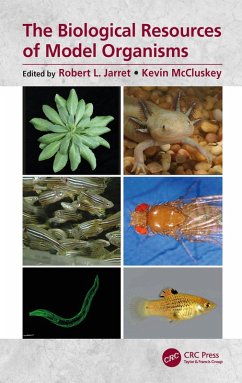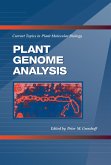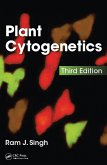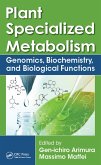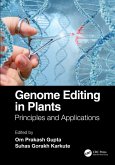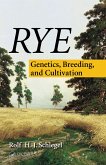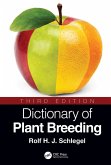Bioresources are used by thousands of researchers and represent invaluable assets for large-scale experiments in a wide range of disciplines. These living materials include diverse species such as thale cress, maize, fruit flies, clawed frogs, zebrafish, green algae, tilapia, and sheep spanning across scientific disciplines. This book discusses the history, significance, and biodiversity of various genetic resources; managing existing bioresources through acquisition, maintenance, and distribution policies; characterization and evaluation of these resources; and future goals and improvements in handling them.
Dieser Download kann aus rechtlichen Gründen nur mit Rechnungsadresse in A, B, BG, CY, CZ, D, DK, EW, E, FIN, F, GR, HR, H, IRL, I, LT, L, LR, M, NL, PL, P, R, S, SLO, SK ausgeliefert werden.

